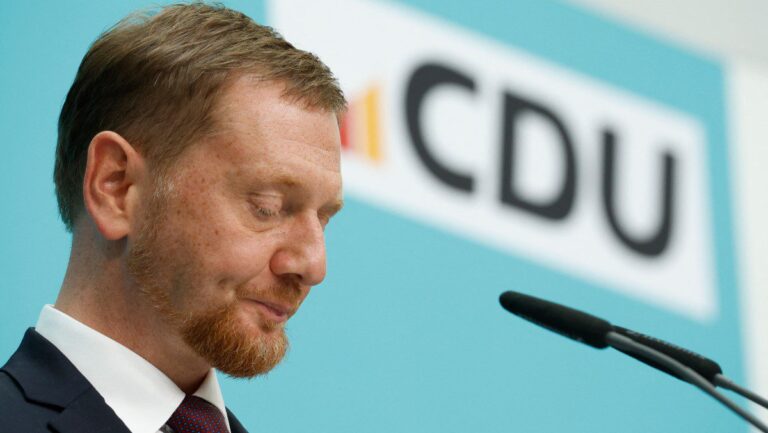A routine EU election-observer mission to Liberia has taken on additional significance as the West seeks to maintain its influence in the impoverished West African nation, as well as neighbouring Sierra Leone, following recent turmoil in Niger and the potential of Russia growing its geopolitical footprint.
October elections are fast approaching in Liberia which will challenge the nation’s nominally pro-Western government under President George Weah as the country experiences low-level food riots indirectly caused by the effect of the war in Ukraine.
Still bearing the political and economic scars of multiple civil wars that lasted until 2003, the 5.2 million, largely anglophone Liberia is regarded as one of the worst economically forsaken nations in Africa with endemic poverty and political corruption.
A former AC Milan football star, President Weah took power in 2019, as Western pundits praised Liberia for a peaceful democratic transition and for its support of Ukraine.
President Weah has earned kudos in Europe as one of the few African leaders whose nation backs the Ukrainian cause at the UN, condemns the pro-Russian junta in Niger, and has removed economic barriers preventing “non-Negroes” from owning land in Liberia, in a calculated move potentially open Liberia up for foreign direct investment.
Western and European influence in West Africa has experienced crisis after crisis in recent years caused by Russian-fueled coups, most recently in Niger where a pro-Western president was deposed at the behest of his presidential guard in a move that could spark a Nigeria-led military intervention and a regional war between Western and Russian proxies.
Due to decades of poor economic management, Liberia is a major importer of foodstuffs. The nation is likely to be impacted by Russia’s weaponisation of grain supplies into the Global South.
Founded by repatriated African-American slaves in the 19th century, Liberian politics are rife with vote rigging and political graft. President Weah faces 19 rival candidates as public demonstrations around rising food prices gain momentum.
Liberia has been noted for its high exposure to fluctuating grain prices caused by the blockade of Ukrainian grain. Kyiv’s Minister of Foreign Affairs Dmytro Kuleb made a special effort to court the African nation during a July visit. Similar to Panama, Liberia is heavily favoured by shipping companies, since registering their vessels there earns them low tax rates.
Despite eye-watering levels of poverty, Liberia could rocket in geostrategic importance due to its proven rubber, timber, iron, diamond, and gold deposits as Europe struggles to guarantee the flow of critical raw materials in the face of growing Chinese and Russian influence. African governments are presented as alternative paths of development due to multipolarity.
Not the only pro-Western stronghold under threat in West Africa, Liberia’s neighbour Sierra Leone is still coming to terms with violence triggered by a disputed election last month and rising inflation.





